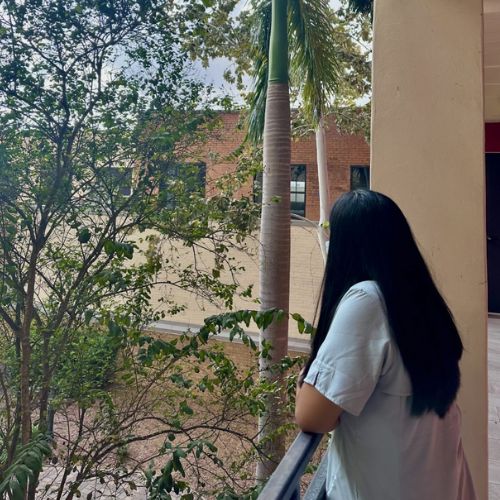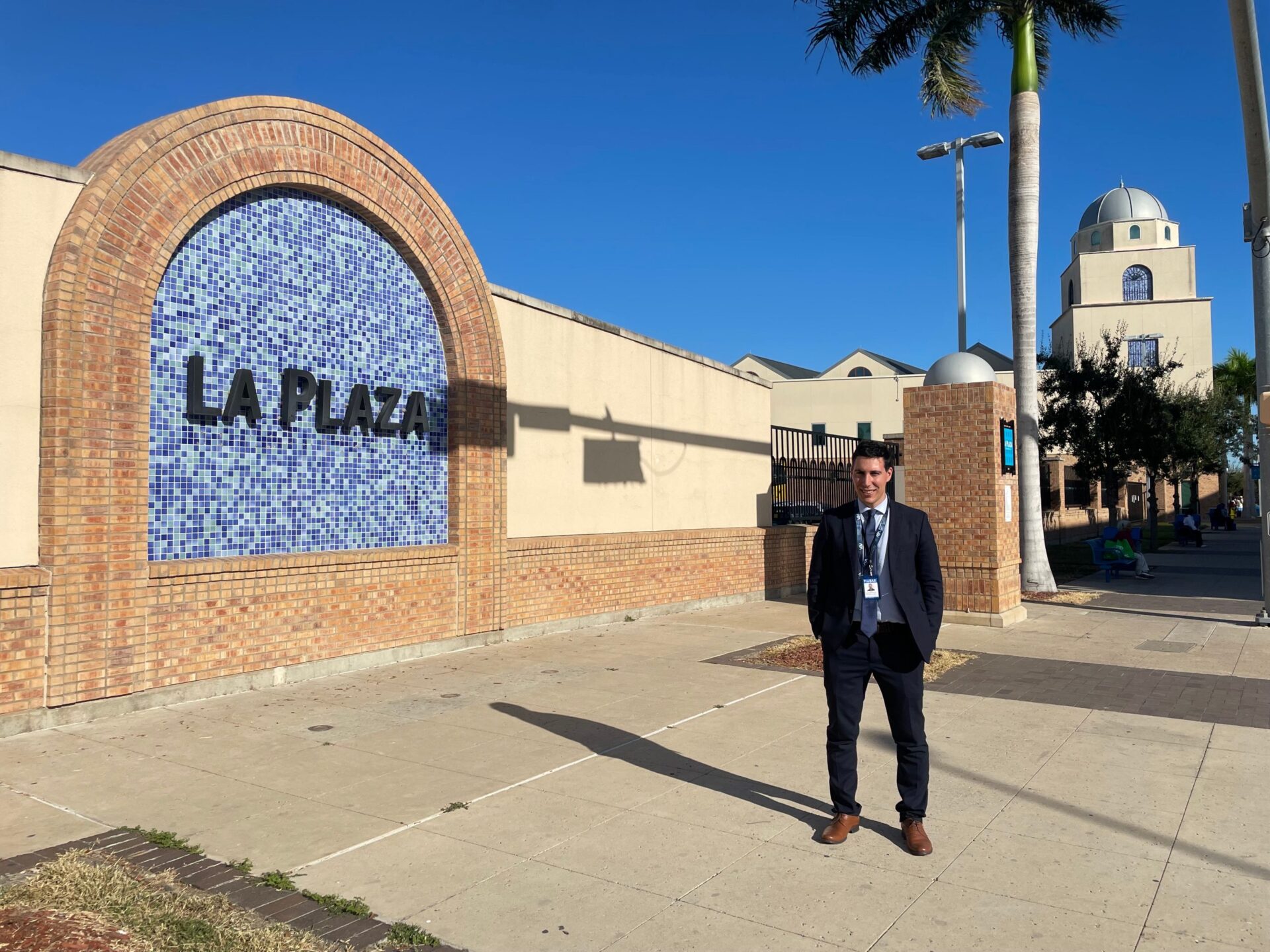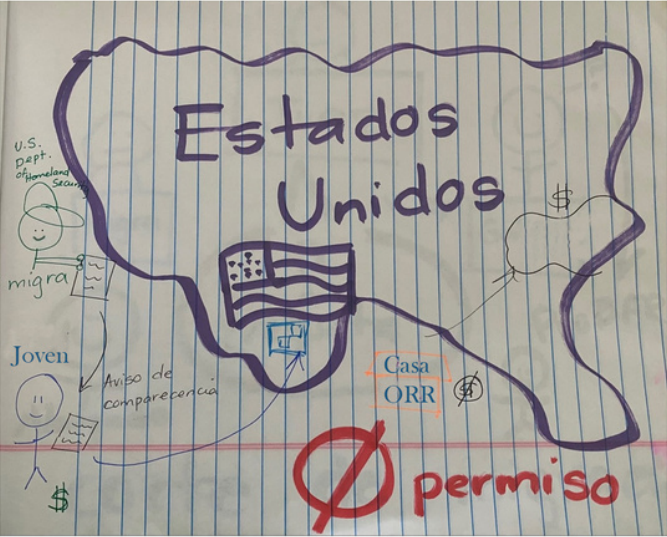“To me, persevering means being independent – working for oneself without having to rely on anyone else.” The story of ProBAR client Mirian highlights what it means to persevere in the face of abuse, struggles, and an adversarial immigration process.
News & Updates



-
Throughout the year’s transitions, ProBAR remains committed to providing transformational legal assistance to immigrants and asylum seekers, energized by the impact of these services for clients like a Cuban couple who recently adjusted status.
-
Recently one of ProBAR’s Bilingual Clinicians witnessed a welcoming embrace that reminded her of the rewards of making a difference in someone’s life. Take a moment to read how our Clinical Tam assist youth who turn 18 in government custody to safely transition to new homes and prepare for the immigration process ahead.
-
The Migrant Protection Protocols (“MPP”) program, otherwise known as “Remain in Mexico,” has just completed its second winddown process, this one following a court-ordered reinstatement in late 2021. ProBAR Senior Staff Attorney Pedro Spivakovsky-Gonzalez has recently published a piece on the ABA Commission on Immigration’s Generating Justice blog that explains the history of the program, its impact on asylum-seekers, and his observations of the winddown process.
-
In the past several months, our staff noticed that more children who had a hearing impairment were being detained at one of the Office of Refugee and Resettlement (ORR) facilities where we provide services in the Rio Grande Valley. Recognizing the unique needs of these children, our team sought the assistance of sign language interpreters to facilitate services with the children, but communication was still challenging.





